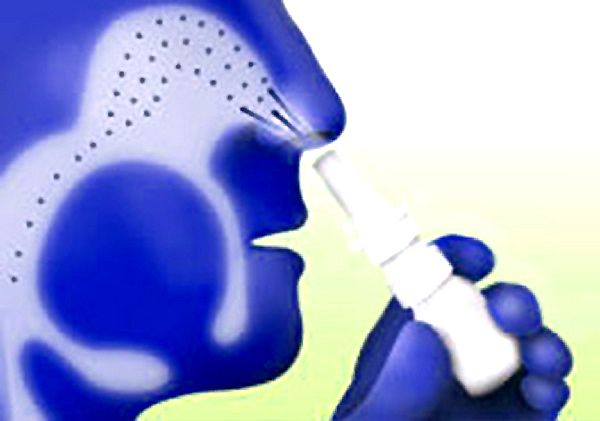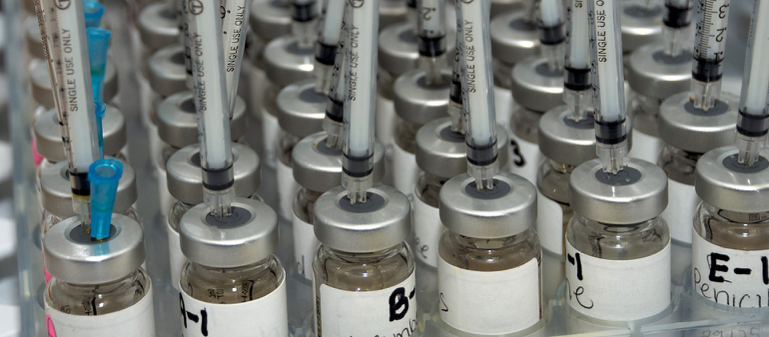By William Reisacher, MD, FAAOA Most people have heard about food allergies, or even know someone who had to run to the ER after eating a peanut or a shrimp. We have seen that food allergies on the rise, cost…
Allergy Testing: Types and What to Expect
By Kevin Wilson MD
So you’re thinking about allergy testing. Many people wonder what this entails and what to expect. First let’s review when to do testing:
- When the diagnosis of allergies is uncertain.
- When you would like to identify the offending triggers to help with avoidance measures and environmental control.
- When allergy or asthma symptoms are not controlled despite appropriate medications.
- When considering immunotherapy (allergy shots).
- When other related ENT problems exist that could be related to allergies. These can include chronic sinusitis, nasal polyps, fluid in the middle ear, chronic ear infections, voice disturbances, asthma, or enlarged adenoids.
- When the symptoms and complications of allergies or asthma are affecting your quality of life.
When you decide with your ENT Allergist to proceed with allergy testing, you must decide on what type of testing to do. There are two basic types, each with their own advantages and disadvantages. These are skin testing and “in vitro” blood testing.
 Skin testing involves placing allergen extracts on or just under the skin and then measuring the response to each allergen. The advantage of this method is that the results can be read immediately and treatment started promptly.
Skin testing involves placing allergen extracts on or just under the skin and then measuring the response to each allergen. The advantage of this method is that the results can be read immediately and treatment started promptly.
Some studies also show a greater sensitivity in picking up low-level allergies compared to blood testing. The disadvantages are that certain medications, such as antihistamines, must be discontinued before testing as they can interfere with the validity or safety of the tests. There is also some mild discomfort (such as itching) with this method.
The other form of testing is “in vitro” or blood testing. This involves taking a blood sample and sending it to the lab to be tested for each allergen. The advantage here is that it requires only one needle stick to draw the blood and isn’t affected by any medications the patient is taking.
The disadvantage is that the results aren’t immediately available and so can require a follow-up visit to formulate the treatment plan.
The method you and your ENT allergist choose depends on the availability of tests, what medications you might be taking, and personal preference. You can discuss these options with your doctor.







